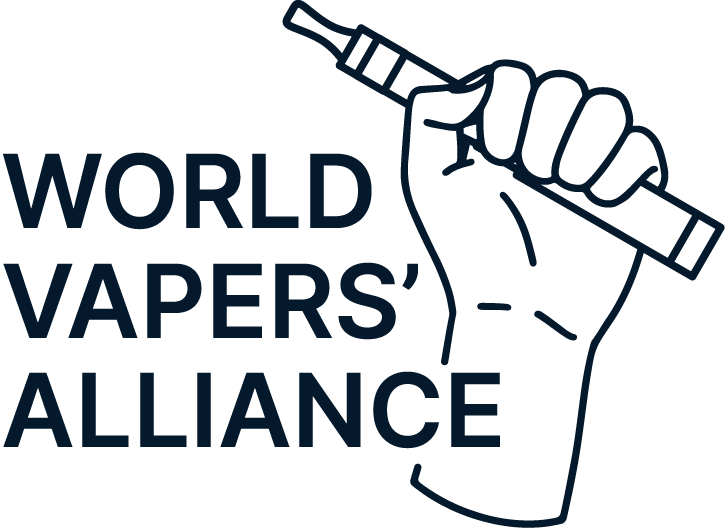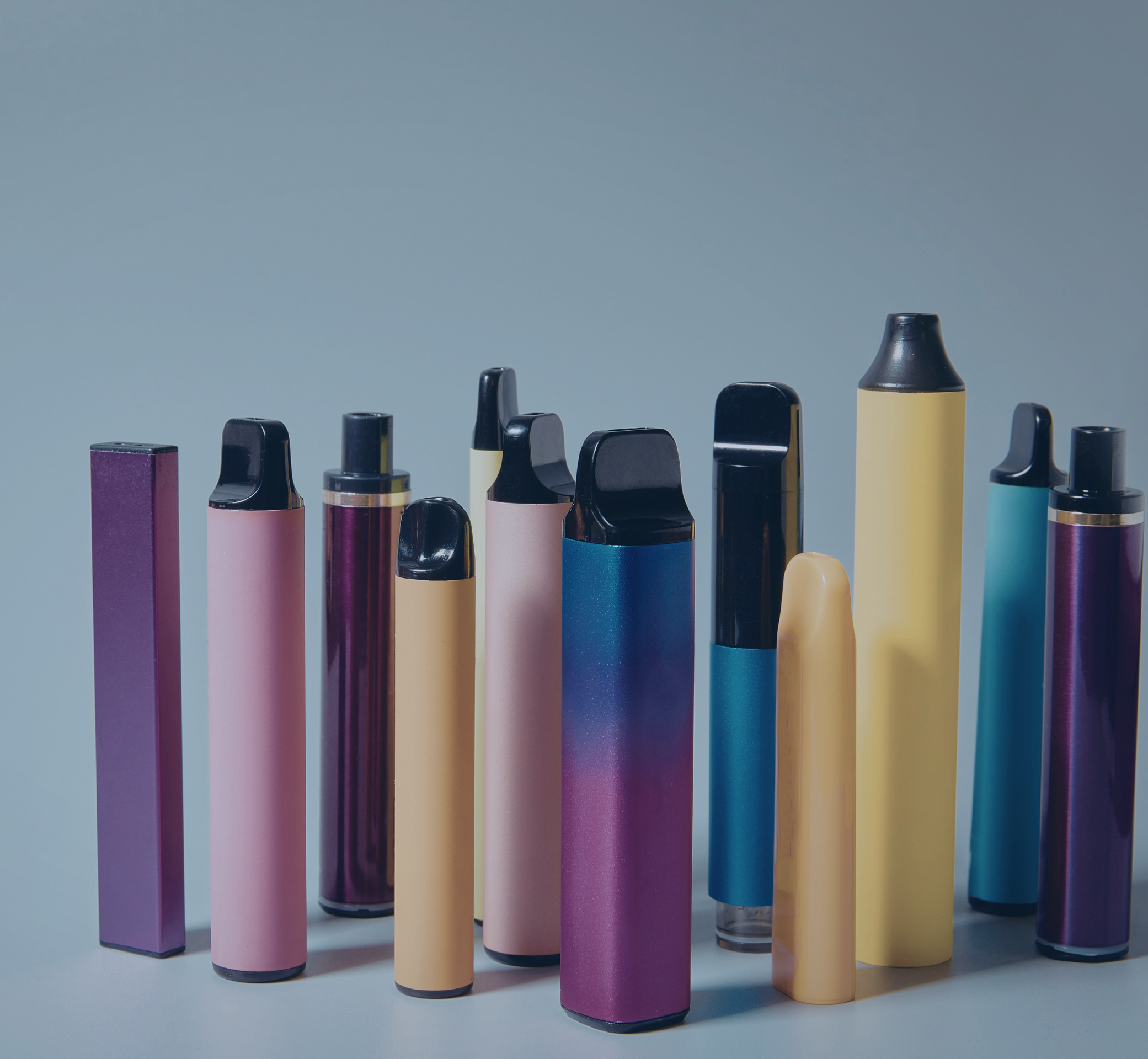Tobacco is the leading cause of thousands of preventable deaths in Thailand. According to BMC Public Health, smoking is the first leading risk factor for early death and disability in the kingdom, particularly for people with cancer, pulmonary complications and heart disease. As of 2019, almost 50,000 people die from smoking every year.
The good news is that they can actually do something about it. Endorsing the conversion of current adult cigarette smokers to less harmful products must be the main focus of their tobacco control strategy. Once and for all, they should consider ending the ban on the most effective smoking cessation tool by legalizing vaping.
Presently, Thailand has some of the strictest laws for anyone caught vaping: possessing e-cigarettes can lead to large fines and even jail time. Why is a device specifically designed to aid people in quitting smoking banned? There is no easy answer to this obvious question, but there are many reasons why Thailand’s current tobacco control strategy is a failure.
Flat Smoking Rates
Whether vaping is less harmful than cigarettes is not up for debate anymore. Public Health England stated that vaping is 95% less harmful than smoking. The largest literature review of its kind by King’s College recently reconfirmed this and found that “the use of vaping products rather than smoking leads to a substantial reduction in exposure to toxicants that promote cancer, lung disease and cardiovascular disease.”
While Thai officials refuse to listen to science, the vaping ban is causing human deaths. Despite consistent tobacco control efforts, Thailand is currently a failure. Due to the limited cessation tools and options available to Thai citizens, smoking rates are flat, and there are almost as many smokers today as there were 20 years ago.

As the Thai vape ban enters its ninth year, we can already see the actual human cost of the ban. A Health Economist study found that if Thailand legalized vaping instead of banning it, hundreds of thousands of lives would be saved.
According to the study, even under the pessimistic scenario, which assumes lower transition rates from cigarettes to e-cigarettes and higher health risks associated with e-cigarette use, the introduction of e-cigarettes to Thailand would result in 26 percent fewer smoking-related deaths over a 10-year period. The more optimistic scenario showed a 52 percent decrease in smoking related mortality. See the full study here.
Underage Smoking
Thai officials frequently mention that vapes lure young people into smoking. But scientific evidence shows the opposite. An often ignored explanation for adolescent vaping uptake is “common liability.” Adolescents who are likely to vape are also likely to smoke – e.g. because of personality traits, genetic predisposition, or social and environmental factors.
According to researchers from the University of New South Wales, Sydney and the University of Queensland, Herston, at least 70-85% of all adolescents try vaping after having already started smoking, and regular vaping is very rare (below 0.,5%) among teenagers who are non-smokers.
A study conducted in Thailand about the Use of E-Cigarettes and Associated Factors among Youth found that current cigarette smoking and parental e-cigarette use were significantly associated with the current use of e-cigarettes.
Teens vape not because it’s tempting, but because several factors influence them into the habit. Again, we can do something about this. Legally regulating vaping can help control underage smoking.
Critics might imagine that in case of legalization, young folks will freely buy vapes and blow flavoured clouds in the streets. But this is not the case. Legalizing means age checks and better education of teenagers about potential harms.
Regulations that restrict access to youth through purchase age limits and strict enforcement of sales to minors have shown to be effective in controlling use by minors without affecting the adult smokers who want to switch.
Cheap Cigarettes or Illegal Markets
Given the ban on vapes in Thailand, a smoker who wants to quit has a minimal selection of effective smoking cessation tools. One has to admit: in trying to eradicate the harms of vaping completely via prohibition, a bigger harm is created for Thai vapers – cigarette smoking or turning to illegal markets.
Despite the ban, Thailand’s illegal vape market has grown dramatically recently. In 2019, its overall value was estimated at between 3 to 6 Billion Baht (100 – 200,000,000 USD), which is 5% of the entire tobacco industry in Thailand.
As Consumer Choice Center’s deputy director Yaël Ossowski said, if the Thai government continues its prohibition on nicotine alternatives, they are depriving their citizens of other means of putting down the cigarette. This impacts every segment of society — young and old — and will have real health consequences.
If the Thai government keeps denying its citizens safer alternatives to smoking, local vapers have no choice but to turn to the illegal market for their vapes. And here’s the problem with black markets: sellers are in no way obligated to ensure you get what you pay for. Buyers also cannot verify the authenticity and safety of the products they purchase. This is significantly harmful to public health.
In the worst case, those who can not afford black market prices on vapes, and increased prices on manufactured cigarettes, may be moving to roll-your-own cigarettes that are not taxed at the same rate as manufactured cigarettes.
Legalization Is The Only Answer
To protect public health, the Thai government should allow alternative tobacco products. Vapes should be made accessible to the ones willing to quit smoking. If the goal is to be more effective in increasing overall smoking cessation rates and benefit public health, then this must be the approach.
Legalizing vapes in Thailand will save lives, reduce the burden of smoking and help the nation achieve its public health goals.
Progressive policies, low excise taxes and informative campaigns should accompany the legalization process to maximize public health benefits.
Seeking less harmful alternatives is not a crime. Bans are not working. Instead, clearly articulating the potential health risks of vapes and explaining that the product is less harmful than cigarettes will help Thai consumers make more informed decisions.
At World Vapers’ Alliance, we hope that following the legalization of cannabis in Thailand, the government will reevaluate the vaping laws and make the right decision in favour of harm reduction. Access and affordability to vaping products remain essential if we want to reduce the harm caused by smoking in every country.
This blog post is a living document since vaping laws are changing daily worldwide. If you want to share your story with us or have feedback email me at: mariam@worldvapersalliance.org
MORE ABOUT THAILAND AND VAPING:
THAILAND TAKES THE DANGEROUS PATH OF DENYING HARM REDUCING ALTERNATIVES








One Response